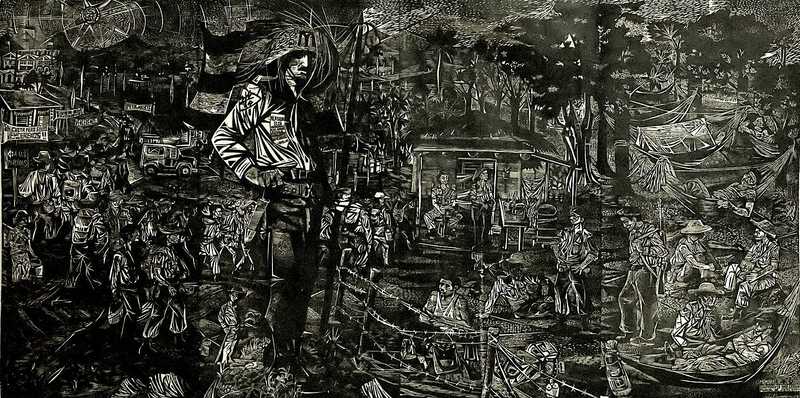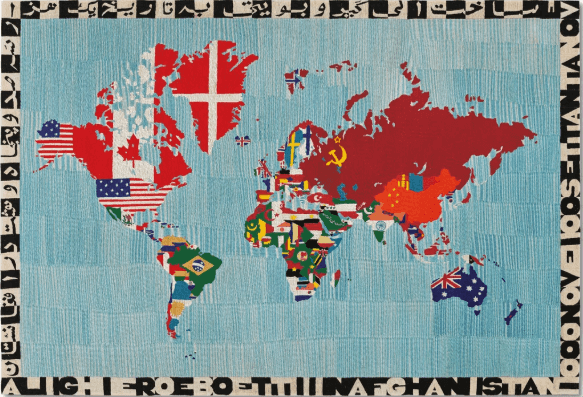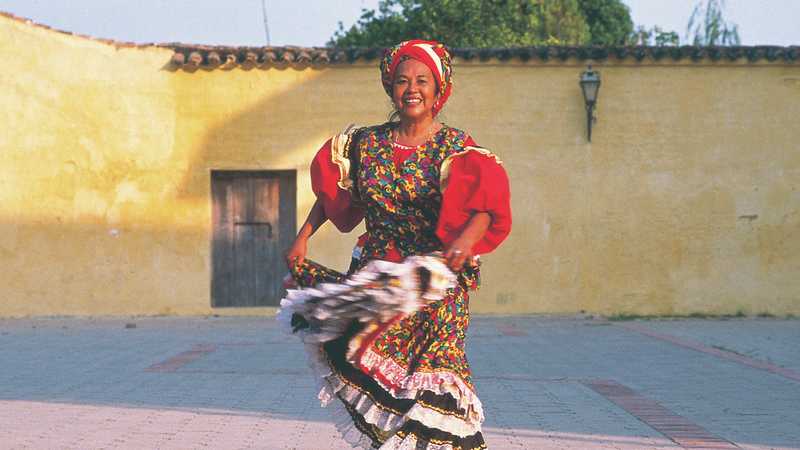
In January 1959, Cuba dared to chart a revolutionary path in the belly of the beast, putting behind the indignities of colonial rule that had tormented its people for centuries.
Over the course of its revolutionary history, Cuba has dispatched 605,000 health professionals and technicians to 165 countries, bringing health to as many nations as the United States has sanctioned.
Half a million Cubans joined the national liberation struggle in Angola, helping to break the back of South Africa’s army — a pivotal victory against the apartheid regime.
And Cuba has supported peace across Latin America, recently helping broker a deal between the National Liberation Army (ELN) and the government of Colombia — a critical step in an extended struggle for peace.
Many know about the US blockade against the island. Implemented in the early 1960s as punishment for daring to pursue an alternative economic project, the US embargo has cost Cuba over $140 billion over the past six decades. Its explicit aim has always been to make “the greatest inroads in denying money and supplies to Cuba, to decrease monetary and real wages, to bring about hunger, desperation and overthrow of government.”
But fewer know about the US designation of Cuba as a “state-sponsor of terrorism”. Reinstated in the waning days of the Presidency of Donald Trump, the designation has suffocated the island. After French bank BNP Paribas was fined $8.9 billion for violating US sanctions in 2015, international financiers have been jittery. The designation has seen banks freeze Cuban funds and refuse to process payments, including for permitted humanitarian activities.
The effects are devastating. The Cuban people lack access to most basic goods and resources: medicine, food, construction materials, energy, industrial machinery, and spare parts. The designation has strangled the Cuban economy. Despite repeated promises to revisit the policy, Joe Biden has sustained the punishment — a cruel and cynical policy that stands in violation of fundamental norms in international law.
That is why over 250 organizations — including the Democratic Socialists of America (DSA), Workers' Party of Belgium, Communist Party of Chile, and Movimento de Trabalhadores Sem-Teto (MTST-Brazil) — have joined a global call demanding that Cuba be taken off the list, a decision that Biden could make with the stroke of a pen.
Latest from the Movement
Hunger Strike in Bangladesh
On June 28, 2024, the Women's Committee of the National Garment Workers Federation (NGWF) organized a symbolic hunger strike at the National Press Club. The primary demand is for a 100 billion taka allocation in the proposed 8 trillion taka budget for 2024-25 to provide rationing for garment workers. Bangladesh’s 4.2 million garment workers contribute 84% of the country's total exports, yet face severe economic hardships. 70% of these workers are women, many living in semi-starvation due to low wages and rising living costs. Despite promises from various government officials over the past five years, no allocation for garment workers' rationing has been made in the proposed budget. The struggle continues.
After mobilisation, Amazon India admits to flouting safety rules
Solidarity works. After Amazon workers and their allies in India mobilised for Amazon to address the extreme heat in its India warehouses, the company has been forced to admit that safety breaches took place. Amazon workers in India had previously raised the alarm, as they have been forced to work without taking water or bathroom breaks until they have met their work targets. The Amazon India Workers Association (AIWA) urged the Ministry of Labour and Employment and the National Disaster Management Authority (NDMA) to take immediate measures to safeguard warehouse workers in response to escalating heatwaves in Northern and Western India. But the fight for safer and cooler warehouses isn’t over. To Make Amazon Pay for safer warehouses, sign this petition launched by AIWA.
Art of the Week: Lesbia Claudina Vent Dumois (1932, Las Villas, Cuba) has been a leading figure in Cuba’s cultural life since the early days of the revolution in 1959, she works across various mediums including painting, lithography, and curation. Vent Dumois’ huge woodcut work Memorias del 26 de julio en la Sierra (Memories of 26 July in the mountains) is a historical reference to what was later known as M-26-7, Fidel Castro’s vanguard movement turn political party.
M-26-7 is considered the leading organisation of the Cuban Revolution. The movement's name commemorates the failed 1953 attack on the Moncada Barracks in Santiago de Cuba, part of an attempt to overthrow the dictator Fulgencio Batista. Vent Dumois has said “The greatest privilege is to have lived in the era of Fidel Castro (1926-2016).”



